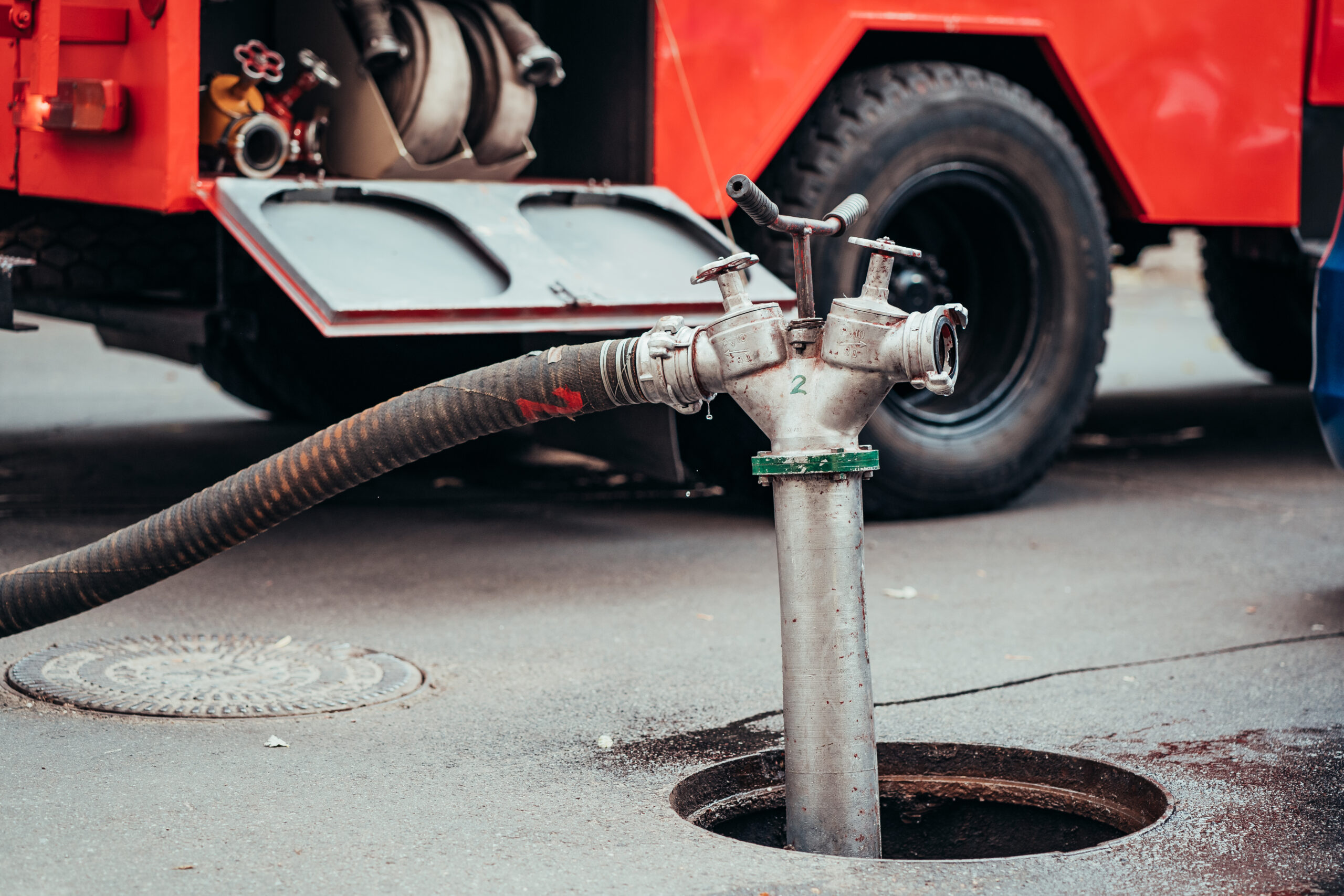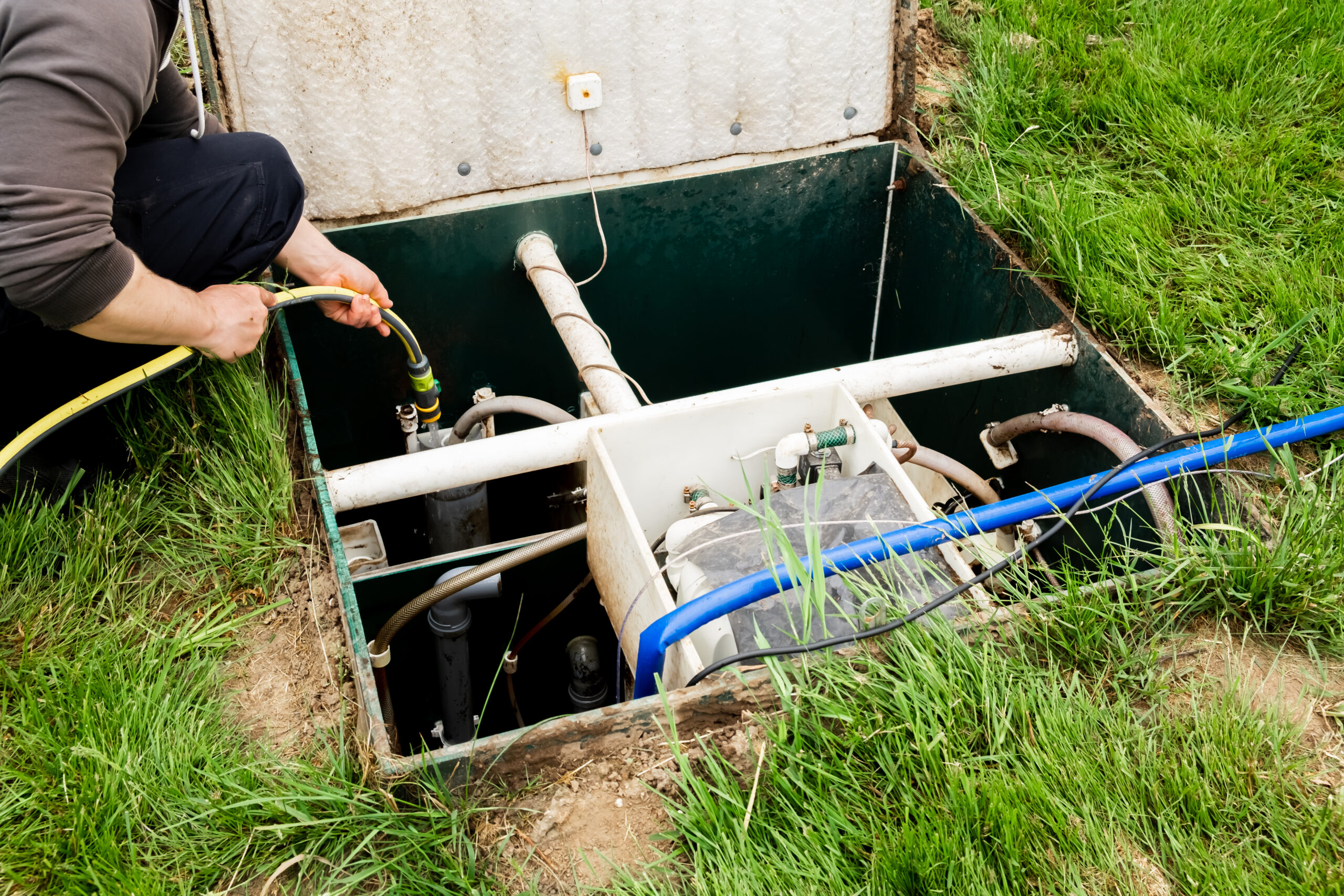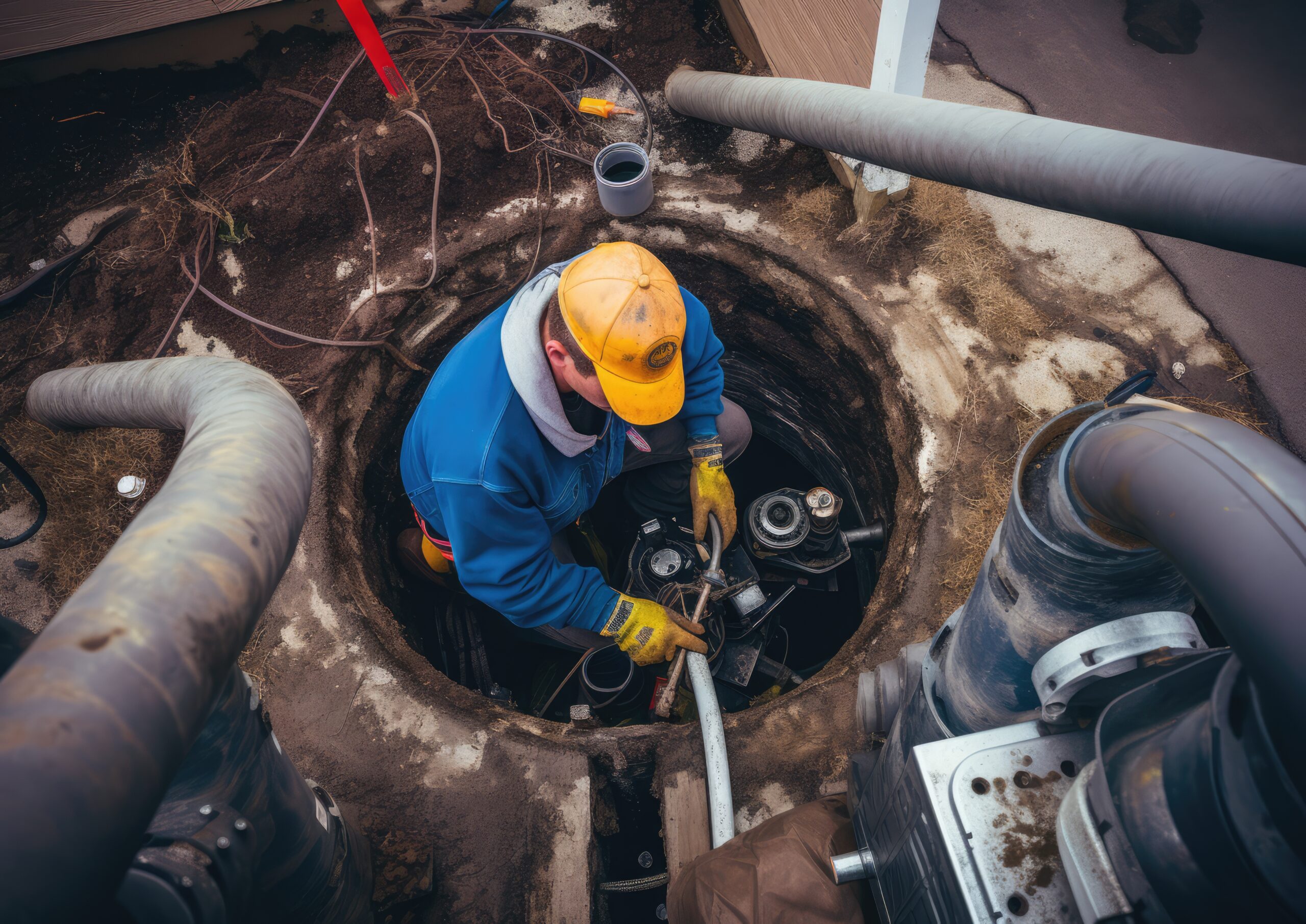A properly maintained septic system does much more than protect your home—it plays a major role in preserving your surrounding natural environment. When homeowners commit to septic tank maintenance, they prevent dangerous waste leaks that can harm soil, water, wildlife, and human health. Without attention, tanks overflow or leak, releasing untreated wastewater into places where it absolutely should never be allowed to reach. The key to preventing environmental damage starts with understanding how septic systems work and why consistent maintenance really does matter every day.
How Septic Systems Support a Healthier Ecosystem
Septic systems naturally treat household wastewater by allowing solids to settle and bacteria to break down harmful substances in the tank. Once treated, the water flows out to a drain field, filtering through soil layers that remove contaminants before reaching underground water sources. This process only works correctly when tanks are properly cared for—otherwise, untreated sewage can bypass treatment and directly pollute surrounding soil. By staying on top of inspections and pumping, homeowners help keep groundwater clean and reduce bacteria levels in streams, wells, and nearby lakes. Septic tank pumping removes built-up sludge and prevents overflow, protecting your home, yard, and local environment from contamination.
The Environmental Impact of Neglecting Your Septic System
Poor maintenance often leads to slow drains, soggy lawns, strange odors, and eventual system failure, which may pollute groundwater permanently. Neglected systems can cause waste backups or leach harmful pathogens and nutrients into drinking water or natural waterways near your home. Excess nitrogen and phosphorus from sewage cause algae blooms in rivers, which lower oxygen levels and threaten fish and aquatic plant life. Preventing this environmental nightmare is simple—committing to routine septic tank maintenance protects both your home and the ecosystem around it.
Water Conservation and Septic System Efficiency
Efficient septic systems rely on low water input to maintain a healthy balance of bacteria and prevent overload or premature system damage. When too much water enters the tank, solids don’t separate properly, and the system may push partially treated water into the environment.
Homeowners can conserve water by installing low-flow fixtures, spacing out laundry loads, and fixing leaks that stress septic system performance. Combined with regular septic tank maintenance, these simple changes reduce environmental impact and ensure safe, clean waste processing every time.
Soil and Land Preservation Benefits
A leaky or overflowing tank can poison your soil, damaging plant life, grass, and making gardening unsafe or even legally restricted. Once pollution reaches your property’s surface, it can spread quickly, seeping into neighboring lands and creating environmental disputes or penalties. With proper septic tank maintenance, systems remain leak-free and soil stays fertile, clean, and safe for family use and native vegetation. Healthy land supports biodiversity, cleaner air, and lower property maintenance, making your yard a greener and safer space for years ahead.
Reduce Health Hazards for Wildlife and Pets
Septic failures don’t just affect you—they put local wildlife and household pets at risk from disease-carrying bacteria in exposed waste. Puddles from sewage leaks often attract animals, exposing them to harmful bacteria, parasites, or toxic cleaning products used in homes. By prioritizing septic tank maintenance, you reduce the chance of accidental poisoning, infections, and contamination from exposure to untreated wastewater. Even birds and insects can spread bacteria from leaking systems, making this an important concern for local wildlife and ecosystem stability. Using monthly septic tank treatment supplements can extend the life of your system and improve its efficiency and flow.
Partnering with Experts Like Septic Masters
While many DIY tips exist, professional inspections are vital to long-term environmental protection and proper system functioning. Septic Masters offers expert assessments, pumping services, and long-term plans tailored to your tank size, usage, and regional climate. They identify problems before they turn disastrous, ensuring your system does its job without hurting the environment or wasting money. Working with reliable pros gives peace of mind that your septic system helps—not harms—the world right beneath your feet.
Sustainable Living Starts With Smart Maintenance Habits
Reducing environmental damage begins with small, conscious choices like what you flush, how much water you use, and regular maintenance. Never flush medications, wipes, grease, or chemicals that may kill helpful bacteria or make their way into soil and groundwater. By following basic household rules and sticking to a professional schedule, your septic system becomes part of a sustainable lifestyle. A few hours a year spent on septic tank maintenance can prevent years of pollution and thousands in restoration costs later.
Conclusion
We often ignore what happens underground, but septic systems quietly influence our homes, land, and natural environment every single day. With consistent septic tank maintenance, you protect water quality, wildlife, plant life, and community health from the dangers of untreated waste. By maintaining your system properly, you reduce pollution, conserve natural resources, and preserve your property’s value for future generations. Eco-friendly living doesn’t always start with solar panels—it can start with pumping your tank before things get messy.
Save the Earth, One Flush at a Time! Don’t let bad maintenance ruin your yard—or the planet. Book a septic checkup with Septic Masters today!




